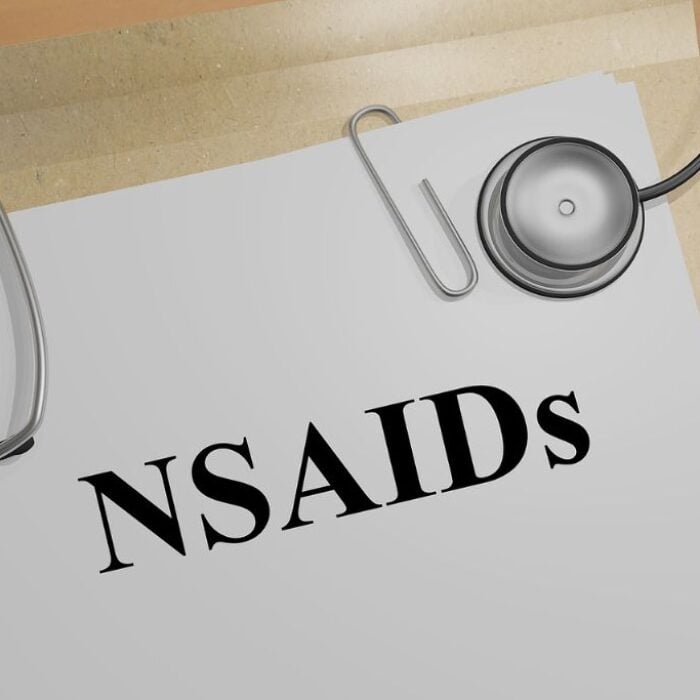Opiate pain medication is a useful tool in the quest for pain management. However, use of these prescription drugs can lead to abuse and addiction if you’re not careful. Lorcet, the combination of hydrocodone and acetaminophen, is often used for pain management and to a lesser extent, for cough suppression. The hydrocodone, a narcotic medication, binds to opiate receptors, blocking pain signals. It can be potentially addicting and lead to abuse and behaviors that are risky to your health and life. This usually happens after patients develop a tolerance, meaning their prescribed dose becomes ineffective in treating pain. Some recreational users take Lorcet to feel its euphoric effects, a clear sign that abuse is present. Using Lorcet outside its prescribed therapeutic dosage and label recommendations can constitute abuse.
Warning Signs of Potential Lorcet Abuse
Abuse could include altering the Lorcet dose, taking it for unintended reasons and repeated, chronic use despite potential negative consequences. Potentially-addictive drugs such as Lorcet activate the brain’s reward centers. This stimulation could cause patients to actively seek out the rewarding feelings, meaning they may crave the drug more and more. Powerful psychological and physiological cravings are indicative of a drug dependency. Examples of Lorcet abuse also include: taking the drug after the medical condition clears or after the prescription runs out; increasing the dose without a doctor’s approval; taking it more often than recommended; and taking it in conjunction with other substances to increase the potency. This can increase the risk of a fatal overdose. Other signs of Lorcet abuse and addiction include a mental preoccupation with obtaining and consuming the drug. Others may falsify prescriptions, call in bogus refills or shop around for different doctors to secure more than one supply.
Where to Go for Help with Lorcet Addiction
Regular use of Lorcet can easily progress to abuse once a tolerance develops. From here, addiction can develop rapidly. Abuse can also lead to respiratory depression, coma and overdose. The Waismann Method of rapid detox can effectively, confidentially and safely treat Lorcet addiction with its pioneering medical procedure. Performed in an accredited hospital, patients are first given a battery of tests to gauge internal organ and gastrointestinal damage from opiate use. The actual procedure takes less than two hours and uses medicine to cleanse the drug from patients’ opiate receptors. This happens while patients are under light sedation administered by board-certified anesthesiologists. The withdrawal phase is accelerated and occurs while the patient is sedated. They awake opiate-free without awareness of withdrawal symptoms that occurred. Our expert procedure does not use opiate substitutes such as methadone and Suboxone to treat opiate addiction. You receive around-the-clock care from the time of check-in until you are released. This takes just a few days compared to the weeks-long or months-long stays required by other detox centers. Our Domus Retreat aftercare facility is also available for those who want to work on continued recovery with services such as massage, counseling and biofeedback therapy.















